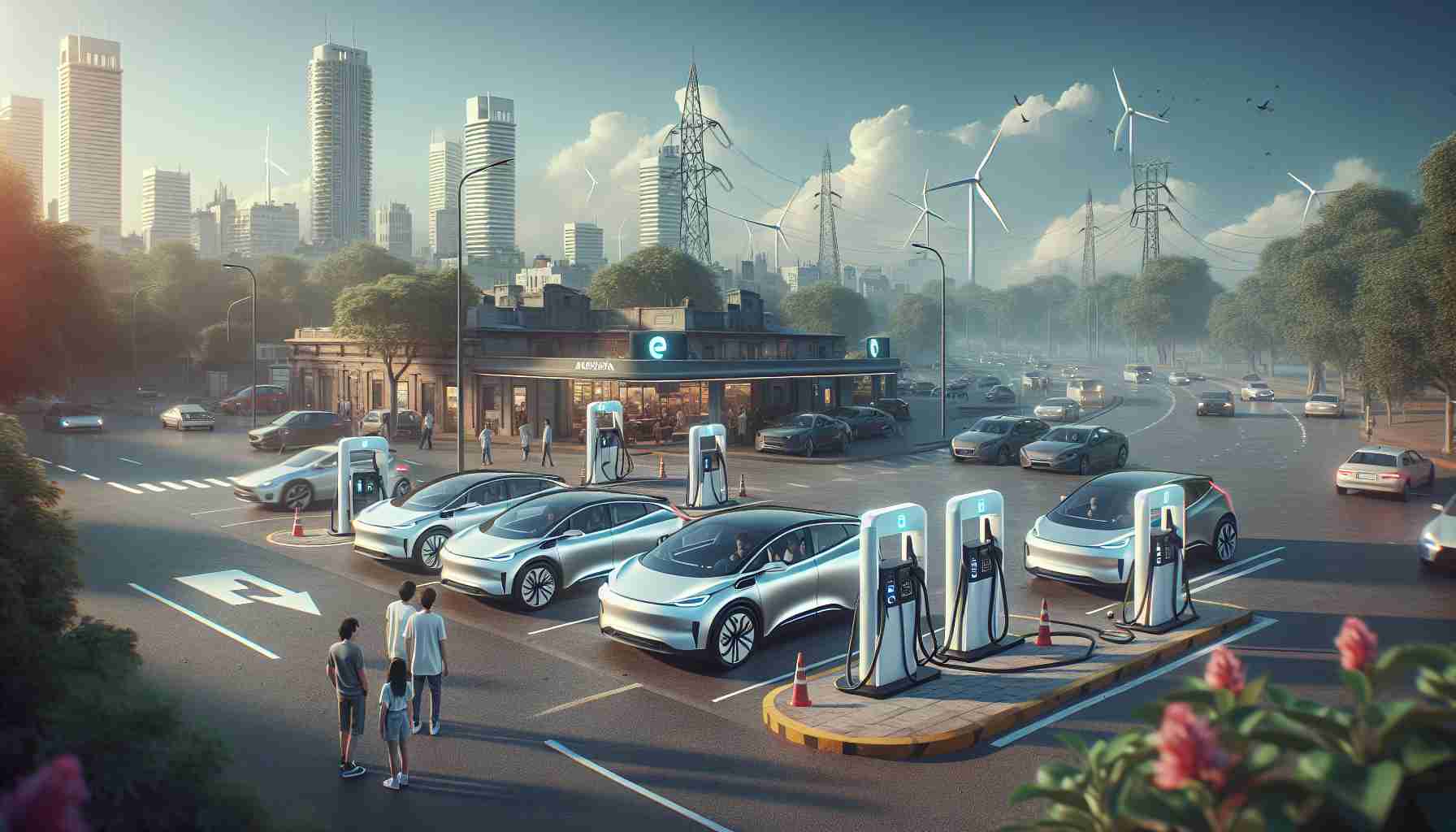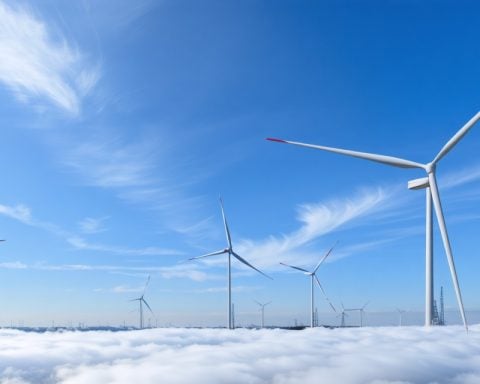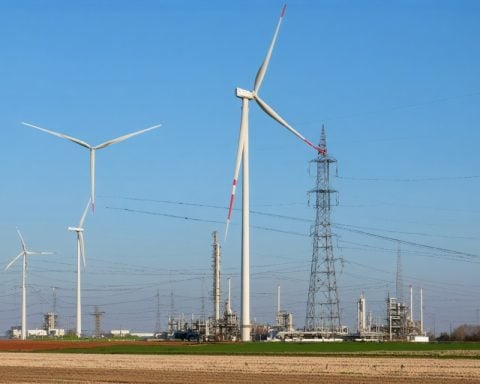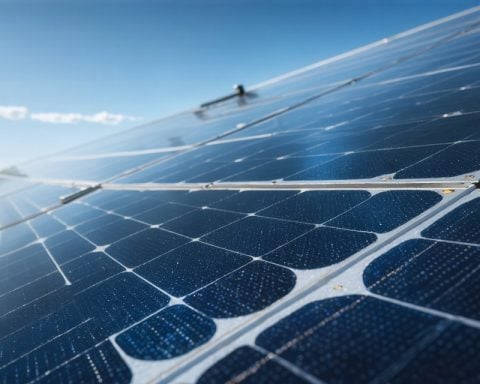New Legislation to Facilitate EV Imports
Argentina is on the brink of offering its citizens the opportunity to own a Tesla, thanks to a groundbreaking new vehicle homologation project recently unveiled by the government. This initiative aims to streamline bureaucratic hurdles that previously hindered the importing and registration of high-end electric vehicles, such as those manufactured by Tesla, ultimately easing their entry into the country.
Key Changes in Import Regulations
The Minister of Deregulation outlined that the updated regulations will allow vehicles certified for circulation in markets like the United States and Europe to be registered in Argentina without needing to comply with the Environmental Configuration Law (LCA) and the Model Configuration Law (LCM). This benefits both large dealerships and individuals by enabling direct importation of electric vehicles and simplifying processes that were once costly and time-consuming. While final costs remain high due to local taxes, the project marks a significant step forward in expanding consumer choices.
Cost Estimate for Owning a Tesla in Argentina
Despite the improved importation process, the ultimate costs are still steep due to local taxes. For example, a Tesla Cybertruck valued at USD 74,500 in the U.S. would amount to approximately USD 124,850 in Argentina after the additional taxes are applied. Nevertheless, utility vehicles like this are exempt from luxury taxes, resulting in a slightly reduced final price for consumers.
Expanding Vehicle Options from the U.S. and Europe
The new project paves the way for vehicles from the United States and Europe to enter the Argentine market, excluding markets like China, Korea, and Japan for the time being. Determining which Tesla models will be available and whether dealerships will provide technical support remains a topic for further discussion.
Consumer Benefits to Enhance EV Adoption
The revised regulations promise a more straightforward process for consumers, removing the need for specific approvals for models already authorized in other countries. Individuals can import their vehicles directly, as long as they meet tariff and tax requirements, advancing the accessibility of electric cars in Argentina and promoting more sustainable options.
In conclusion, the government’s push to welcome Tesla into Argentina signals a broader effort to modernize the automotive sector. Despite challenges like charging infrastructure and high costs, this development represents a significant step towards democratizing electric vehicles in the country.
Argentina Expanding Electric Vehicle Market with New Legislation
Argentina’s electric vehicle (EV) market is set to undergo significant changes as the government introduces new measures to facilitate the importation of high-end EVs. While previous regulations limited access to certain markets, the latest legislation aims to open doors for vehicles from the United States and Europe, with a focus on streamlining import processes and reducing bureaucratic barriers.
Key Questions and Challenges:
1. What are the most important factors influencing the success of EV adoption in Argentina?
– The successful adoption of EVs in Argentina will depend on factors such as the development of a robust charging infrastructure, consumer education on the benefits of electric vehicles, and ongoing government support for the EV market.
2. How will the entry of vehicles from the United States and Europe impact the local automotive industry?
– While the importation of EVs from established markets may offer consumers more choices, there could be concerns about the potential impact on domestic automakers and the need to ensure fair competition in the market.
Advantages of the New Legislation:
1. Increased Consumer Choice: By allowing direct importation of EVs from the U.S. and Europe, consumers in Argentina will have access to a wider range of electric vehicle options, including models from renowned manufacturers like Tesla.
2. Simplified Import Processes: The updated regulations aim to simplify the import procedures for EVs, reducing the administrative burden on both dealerships and individual buyers and potentially lowering overall costs associated with importing vehicles.
Disadvantages and Controversies:
1. High Taxes and Costs: Despite the improvements in import regulations, the high local taxes in Argentina can still significantly inflate the final cost of EVs, making them less affordable for the average consumer.
2. Technical Support and Service: Ensuring that dealerships in Argentina can provide adequate technical support and maintenance services for imported EVs, particularly those from manufacturers like Tesla, may pose a challenge and could impact consumer confidence in purchasing these vehicles.
For more information on electric vehicles and sustainable transportation, visit Energy.gov. This website provides comprehensive resources and updates on clean energy initiatives and advancements in the transportation sector.
Overall, while the new legislation represents a positive step towards expanding the EV market in Argentina, addressing key challenges related to costs, technical support, and infrastructure will be essential to fully realize the benefits of electric vehicle adoption in the country.












